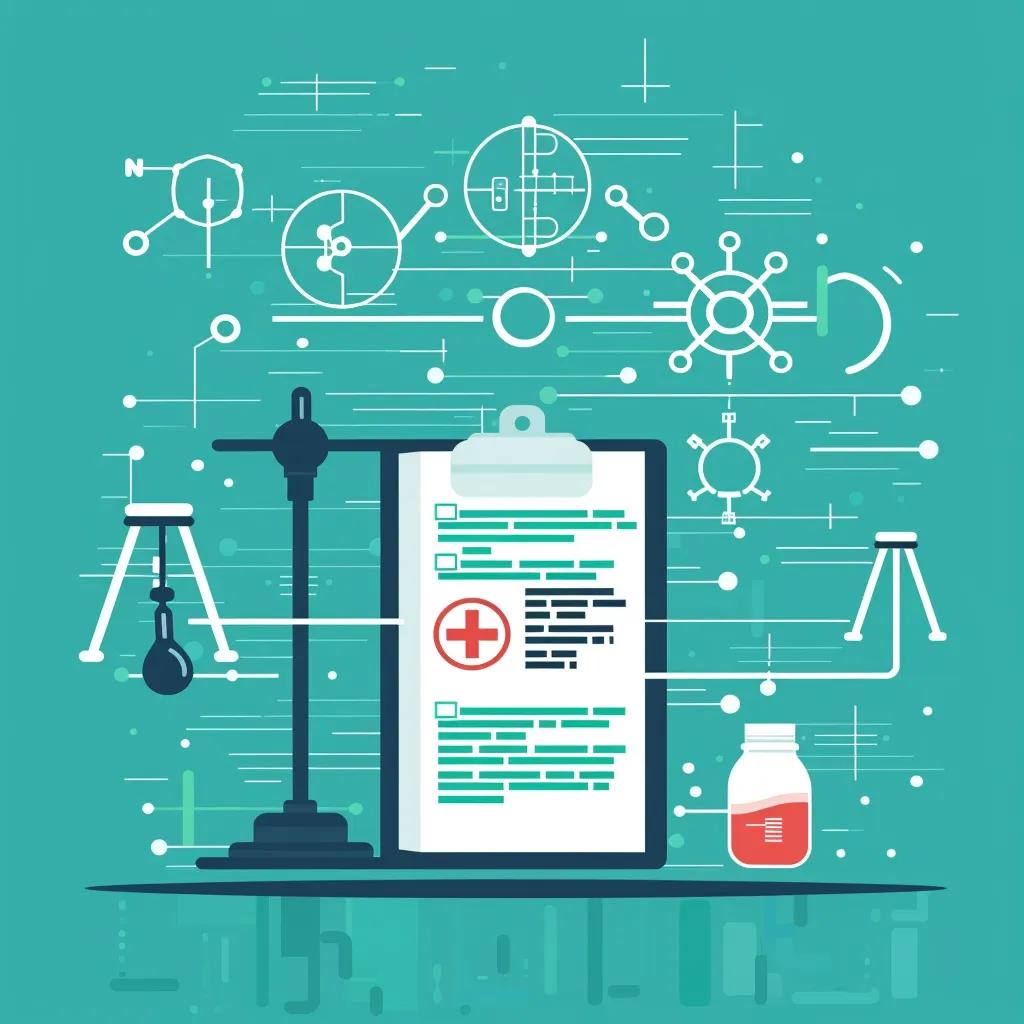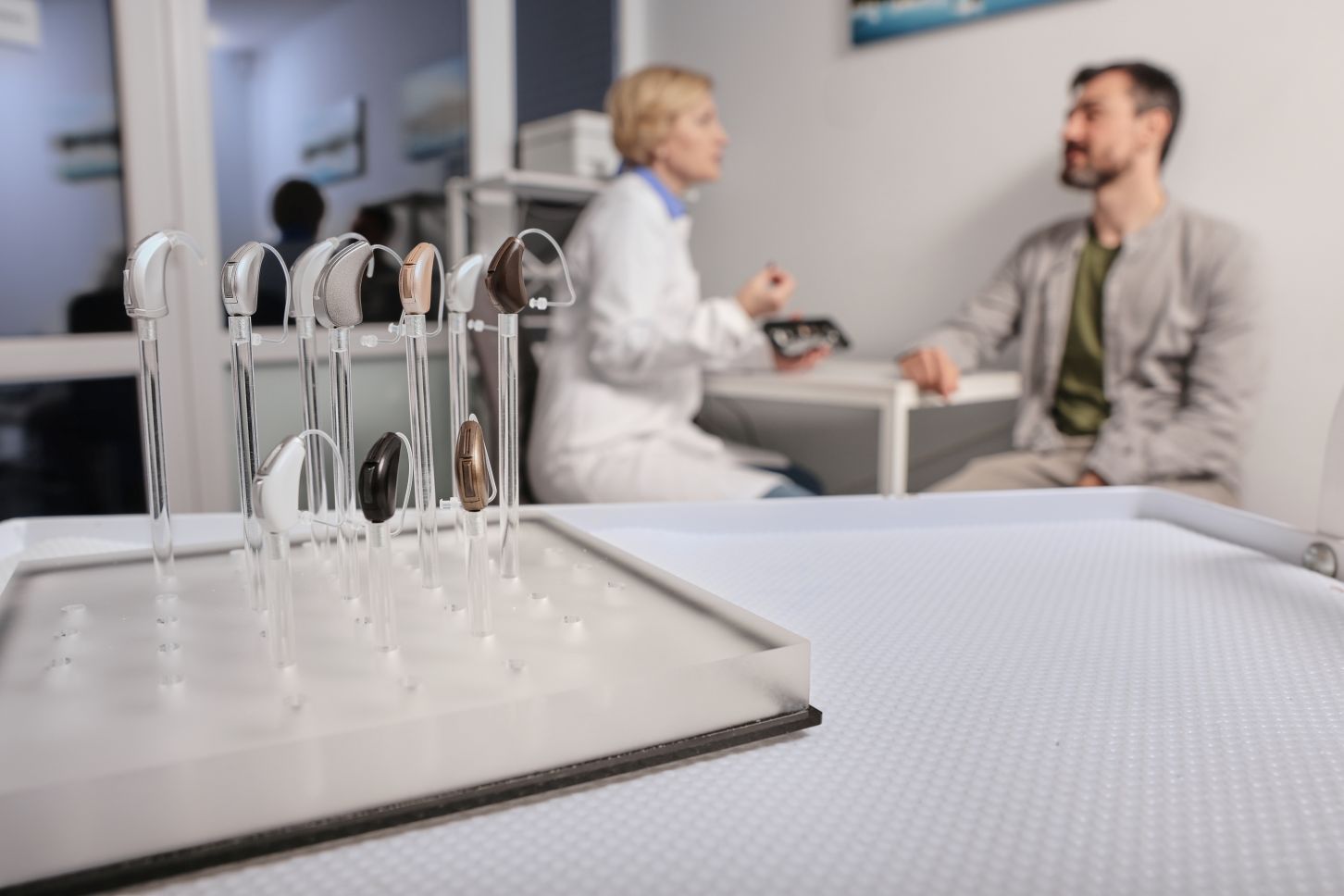Understanding Regulatory Requirements for Clinical Trials: A Clear Guide for Compliance and Patient Safety
Regulatory requirements for clinical trials establish the legal and ethical framework that protects participants while ensuring scientific integrity. Navigating these rules can feel complex, but clear guidance on governing bodies, Good Clinical Practice (GCP), patient safeguards, site operations, and global variations provides a roadmap to compliance. This article explains which authorities oversee trials, outlines core GCP principles, details data privacy and safety protections, describes site-level compliance steps, and examines international rules affecting studies in regions like Florida. By the end, clinical researchers and potential participants will understand how to conduct and join trials that meet the highest standards of patient safety and regulatory adherence.
What Are the Key Regulatory Bodies Governing Clinical Trials?

Key regulatory bodies define standards and enforce oversight at every trial phase. Their coordinated roles ensure investigational drugs and devices meet safety and efficacy benchmarks before and during human testing. Clinical sites like OmniCure Clinical Research align trial conduct with these organizations’ requirements, monitoring updates via the OmniCure Research blog and news for best practices.
Key Regulatory Bodies
Key regulatory bodies, such as the FDA and EMA, establish standards and oversee clinical trials to ensure the safety and efficacy of investigational products [1, 2]. These organizations create a framework that guides trial design, conduct, and monitoring, directly influencing the roles and responsibilities of those involved [1, 2].
European Medicines Agency (EMA), Clinical Trials Regulation (2023)
This source explains the role of the EMA in regulating clinical trials.
The following table summarizes primary regulators and their responsibilities:
| Entity | Attribute | Scope |
|---|---|---|
| FDA (Food and Drug Administration) | Approval & Oversight | IND reviews, inspections, adverse event control |
| EMA (European Medicines Agency) | Authorization & Rules | CTR implementation, clinical trial authorization |
| ICH (International Council for Harmonisation) | Guidelines | GCP standards, harmonized technical requirements |
| Institutional Review Board (IRB) | Ethical Approval | Protocol review, participant protection |
These entities create a framework that guides trial design, conduct and monitoring, linking directly to the detailed roles described below.
What Role Does the FDA Play in Clinical Trial Oversight?
The FDA ensures investigational products are safe for human testing by reviewing Investigational New Drug (IND) applications, conducting site inspections, and enforcing compliance with GCP. By issuing guidance documents and inspecting clinical sites, the FDA promotes data integrity and protects participant welfare, which underpins effective trial outcomes.
How Does the EMA Regulate Clinical Trials in Europe?
The EMA regulates clinical trials through the Clinical Trial Regulation (CTR), mandating centralized authorization, transparency of trial data, and harmonized reporting procedures across EU member states. This system enhances consistency, accelerates approvals, and fosters public trust in European research.
What Is the International Council for Harmonisation (ICH) and Its GCP Guidelines?
The ICH develops GCP guidelines—such as E6 and E8—that harmonize trial standards worldwide. These guidelines define investigator responsibilities, data quality measures, and ethical requirements, enabling sponsors and sites to conduct multicenter trials under a unified framework.
How Do Institutional Review Boards (IRBs) Ensure Ethical Compliance?
IRBs review study protocols to verify that risk–benefit ratios favor participants, that informed consent is clear and comprehensive, and that vulnerable populations receive special protections. Their independent oversight prevents ethical lapses and upholds participant rights.
What Are the Core Principles of Good Clinical Practice (GCP) in Trials?
Good Clinical Practice encompasses ethical and scientific quality standards for designing, conducting, recording, and reporting trials. By following GCP, investigators safeguard participant rights and ensure reliable results that regulators and the medical community trust.
Core GCP principles include:
- Ethical Conduct: Trials respect participant dignity and welfare.
- Scientific Validity: Protocols are scientifically sound and documented.
- Informed Consent: Participants receive clear, comprehensible information.
- Data Integrity: Records are accurate, complete, and verifiable.
- Safety Monitoring: Adverse events are promptly identified and managed.
These principles drive every action at clinical sites and inform the investigator duties detailed below.
What Investigator Responsibilities Are Defined Under GCP?
Investigators must ensure protocol adherence, verify informed consent, safeguard subject well-being, report adverse events, and maintain source documents. Their role is central to trial credibility and participant protection.
How Is Data Integrity Maintained According to GCP?
Data integrity relies on validated systems, audit trails, secure storage, and regular monitoring. Sponsors implement quality management plans and corrective actions to detect and prevent data errors or falsification, ensuring reliable study conclusions.
What Is the Role of Ethics Committees in Clinical Research?
Ethics committees—or IRBs—provide independent review of trial designs, consent materials, and safety monitoring plans. Their approval is mandatory before enrollment, and ongoing oversight ensures ethical standards remain met throughout the study.
How Are Patient Safety and Data Privacy Protected in Clinical Trials?
Participant safety and privacy rest on informed consent, rigorous reporting, and compliance with data protection laws. These safeguards build trust and encourage trial enrollment, contributing to reliable research outcomes.
Patient protections include:
- Comprehensive Consent: Explaining risks, benefits, and rights.
- HIPAA Compliance: Secure handling of medical records and identifiers.
- Adverse Event Reporting: Systematic capture and review of safety data.
These measures create a secure environment where participants can contribute to medical advances with confidence.
What Is the Informed Consent Process and Why Is It Important?
Informed consent ensures participants understand the trial’s purpose, procedures, risks, and rights before enrollment. This process respects autonomy and fulfills ethical and regulatory mandates to protect human subjects.
How Does HIPAA Ensure Privacy in Clinical Research?
HIPAA requires de-identification of protected health information, secure data storage, and limited access to personal health records. Compliance prevents unauthorized disclosures and maintains participant confidentiality.
What Are the Procedures for Adverse Event Reporting?
Adverse event reporting involves identifying, documenting, and evaluating all unfavorable medical occurrences. Investigators submit timely reports to regulators, IRBs, and sponsors, enabling prompt safety assessments and risk mitigation.
What Are the Practical Steps to Ensure Regulatory Compliance at Clinical Sites?
Site teams implement standard operating procedures, train staff on GCP, and use quality management systems for documentation and monitoring. Regular self-audits and alignment with sponsor oversight promote readiness for external inspections.
Key site actions include:
- Establishing trial master files and secure storage.
- Conducting routine internal audits.
- Maintaining up-to-date training records for all personnel.
These steps solidify compliance and facilitate smooth interactions with regulatory authorities.
How Do FDA Inspections and Audits Impact Clinical Trial Sites?
FDA inspections verify adherence to protocol, data quality, and patient safety measures. Sites that prepare through mock audits, robust documentation, and corrective action plans demonstrate reliability and minimize audit findings.
What Are Best Practices for Maintaining Compliance During Trials?
Best practices include continuous staff training on GCP, real-time data entry with review workflows, and immediate resolution of discrepancies. Proactive communication with sponsors and IRBs prevents compliance gaps.
How Does Regulatory Compliance Affect Patient Recruitment and Retention?
Strict compliance enhances site reputation and participant trust. Transparent safety monitoring and clear communication of rights foster positive experiences, improving enrollment rates and reducing dropout.
How Do International Regulations Affect Clinical Trials Beyond the US?
Global trials must satisfy multiple regulatory frameworks, balancing local requirements with harmonized guidelines. Understanding regional nuances avoids approval delays and ensures consistent standards across sites.
The table below contrasts select regulatory features:
| Entity | Attribute | Value |
|---|---|---|
| EMA CTR | Authorization Process | Centralized portal with harmonized timelines |
| ICH E6(R2) | Guideline Scope | Drafts principles for quality management systems |
| Florida DOH | Local Registration | State-level notification and inspection policies |
What Are the EMA Clinical Trial Regulation (CTR) Requirements?
The CTR requires a single application for EU member states, public registration of protocol details, and standardized reporting formats. This streamlines cross-border trial authorization and enhances transparency.
How Do ICH Guidelines Extend Beyond GCP?
ICH guidelines such as E2A (pharmacovigilance) and E8 (general considerations) address safety reporting, trial design, and data standards. They complement GCP by covering additional technical requirements and risk-based approaches.
What Local Regulatory Considerations Apply to Clinical Trials in Florida?
Florida’s Department of Health mandates site registration, timely adverse event notifications, and facility inspections. Local regulations work alongside federal rules to ensure participant protection within the state.
OmniCure Clinical Research’s experienced team integrates these global and local requirements into every study, delivering compliant, patient-centric research services that uphold the highest standards.
OmniCure Clinical Research combines regulatory expertise with patient-focused care to run trials that meet FDA, EMA, ICH, and state guidelines. Transparent processes and proactive training ensure sites remain inspection-ready and participants receive consistent protections. Partnering with OmniCure Clinical Research empowers sponsors to navigate complex regulations smoothly and to deliver reliable, scientifically valid results.
With a clear understanding of regulatory requirements, clinical teams can design and conduct trials that prioritize safety, maintain data integrity, and satisfy global oversight bodies. Effective compliance not only protects participants but also accelerates the path to new treatments and therapies.

